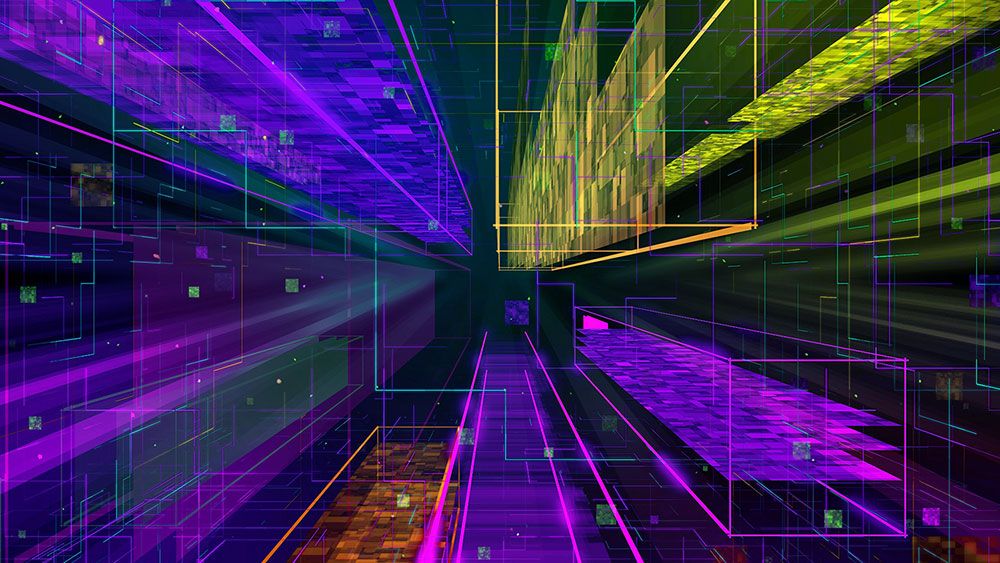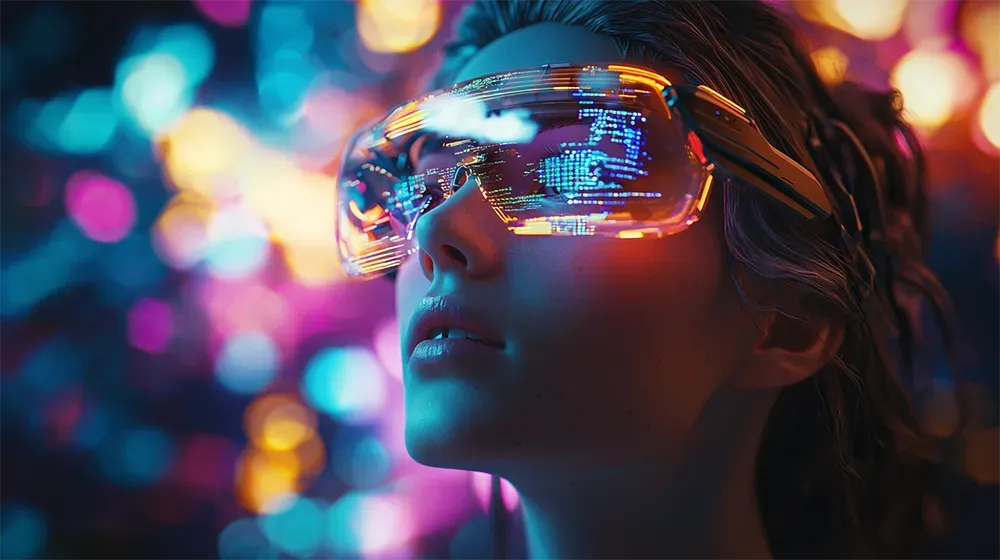What is the Metaverse, and How Will It Change Society?

“Any sufficiently advanced technology is indistinguishable from magic." - Arthur C Clarke, 1973
Now that we are at the dawn of the metaverse, this will become truer than ever before. Although the metaverse is currently only as far as the internet was at the end of the 1990s, in the coming years, thanks to the convergence of technologies, the metaverse will arrive at an exponential speed.
Before the end of this decade, we will have converted the mobile, or social internet, to an immersive, omnipresent, persistent internet, where magic seems to happen constantly. As such, the metaverse will usher in a new age; the Imagination Age.
The Imagination Age
Designer and writer Charlie Magee first coined the Imagination Age in 1993. It is a theoretical period after the Information Age when creativity and imagination become the primary drivers of economic value. The combination of many jobs being replaced by artificial intelligence and robotics and a metaverse driven by the creator economy will unleash the Imagination Age in all its force, getting it out of the realm of theory and into the real world.
If we build it correctly, the metaverse will reward creativity like never before. Using the transformative power of Non-Fungible Tokens (NFTs), it will enable content creators to monetise their work and contribute to a rich, vibrant and magical metaverse. It will empower content creators to earn a living, and creativity will be rewarded based on how the community perceives it. In the metaverse, anyone can be a creator, share their creations with the world, and monetise their work using Decentralised Finance.
What is the Metaverse?
But what is the metaverse? The metaverse can be seen as the next iteration of the internet: a version that supports immersive, interactive, and persistent online digital experiences such as Decentraland, Microsoft Mesh, Pokémon Go or Fortnite and anything that will be invented in the years to come. The metaverse is not a single place, let alone one specific virtual world as portrayed in Ready Player One.
In fact, let’s get one misconception out of the way; there is only one metaverse. Similar to that there is only one internet. Of course, there can and will be infinite spaces, worlds, environments, or experiences within this metaverse where people can relax, be entertained, socialise, work, or collaborate. But any company claiming that they are building a metaverse is akin to companies claiming they are building an internet.
The convergence of the physical and digital worlds
The metaverse will be the convergence of the physical and the digital world where all of our data - such as identity, personality, reputation, and assets, but also the entire history, feeling, and/or emotion of any (virtual or physical) place, organisation or thing – can be interacted with, controlled and experienced in entirely novel ways so that people, and things, can create new, magical, experiences, interactions, and environments.
Some of these worlds will be walled gardens such as Meta's Horizon Worlds or Epic Games' Fortnite. At the same time, the majority of the metaverse, if we build it correctly, can be open, decentralised, community-driven, and user-controlled. Companies such as The Sandbox or Decentraland are leading the way here. Of course, not everything can be open and community-driven. Some environments will be secure virtual spaces only accessible if you have the right digital key, similar to how most offices are only accessible with the right physical key. You won’t be able to teleport into the Pentagon just yet!
In addition, the metaverse is also a lot more than just these virtual worlds. Augmented reality will likely become a lot more important than VR in the metaverse. First of all, because it is simply not very comfortable to constantly walk around with a bulky VR headset, but more importantly because the physical world will offer infinite possibilities to be enriched. We can create all kinds of layers on top of reality, ranging from entertainment, tourist information, traffic information, digital twin insights and many more that can be experienced with lightweight AR glasses or, in the future, smart contact lenses.
Final Thoughts
The convergence of the digital and the physical worlds will enable yet to be developed applications similar to how the internet created completely new applications we could impossibly foresee in the mid-1990s. The metaverse will change society as drastically as Web 1.0 did, and it will offer infinite opportunities for organisations, artists, and content creators to create value.
The immersive internet will enable humanity to experience the real and the digital in ways we could never imagine before and unlock trillions of dollars in value for society. However, we should aim for developing an open metaverse versus a closed metaverse owned by Big Tech if we want to create the most value for society as a whole, instead of for a tiny elite. If we manage to do so, we can expect a continuously evolving, decentralised, and creator-driven ecosystem that delivers infinite opportunities to create value.
This article is part of my research for my fourth book, available for pre-order now: Step into the Metaverse: How the Immersive Internet Will Unlock a Trillion-Dollar Social Economy.





